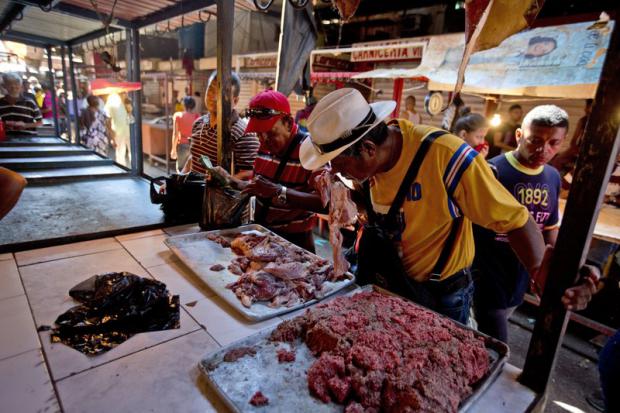
Breaking News
 THE END OF PAPER SILVER? - $79 ATH + China Licenses Signal $100 Explosion
THE END OF PAPER SILVER? - $79 ATH + China Licenses Signal $100 Explosion
 How to Install Linux From Scratch
How to Install Linux From Scratch
 Why Populism Is The Real Reason For America's Political Atmosphere.
Why Populism Is The Real Reason For America's Political Atmosphere.
 Old Microwaves Are a Gold Mine Billions of People Don't Know This Secret
Old Microwaves Are a Gold Mine Billions of People Don't Know This Secret
Top Tech News
 EngineAI T800: Born to Disrupt! #EngineAI #robotics #newtechnology #newproduct
EngineAI T800: Born to Disrupt! #EngineAI #robotics #newtechnology #newproduct
 This Silicon Anode Breakthrough Could Mark A Turning Point For EV Batteries [Update]
This Silicon Anode Breakthrough Could Mark A Turning Point For EV Batteries [Update]
 Travel gadget promises to dry and iron your clothes – totally hands-free
Travel gadget promises to dry and iron your clothes – totally hands-free
 Perfect Aircrete, Kitchen Ingredients.
Perfect Aircrete, Kitchen Ingredients.
 Futuristic pixel-raising display lets you feel what's onscreen
Futuristic pixel-raising display lets you feel what's onscreen
 Cutting-Edge Facility Generates Pure Water and Hydrogen Fuel from Seawater for Mere Pennies
Cutting-Edge Facility Generates Pure Water and Hydrogen Fuel from Seawater for Mere Pennies
 This tiny dev board is packed with features for ambitious makers
This tiny dev board is packed with features for ambitious makers
 Scientists Discover Gel to Regrow Tooth Enamel
Scientists Discover Gel to Regrow Tooth Enamel
 Vitamin C and Dandelion Root Killing Cancer Cells -- as Former CDC Director Calls for COVID-19...
Vitamin C and Dandelion Root Killing Cancer Cells -- as Former CDC Director Calls for COVID-19...
 Galactic Brain: US firm plans space-based data centers, power grid to challenge China
Galactic Brain: US firm plans space-based data centers, power grid to challenge China
As electricity fails, desperate Venezuelans buy spoiled meat

MARACAIBO, Venezuela (AP) — In a city once called the Saudi Arabia of Venezuela for its vast oil wealth, residents of Maracaibo now line up to buy spoiled meat as refrigerators fail amid nine months of rolling power outages that recently got worse.
Some people fall ill eating the rotten beef, but at bargain prices, it's the only way they can afford protein as the country's crisis hits bottom.
"It smells a little foul, but you rinse it with a little vinegar and lemon," said Yeudis Luna, a father of three young boys buying darkened cuts at a butcher shop in Venezuela's second largest city.

Spoiled meat due to rolling blackouts sits for sale at a market in Maracaibo. (AP Photo/Fernando Llano)
Venezuelans are enduring the worst economic downfall in the oil-rich country's history. Basic services like running water and electricity have become luxuries.
Socialist President Nicolas Maduro blames the strife on an economic war waged by the United States and other capitalist powers. The governor of Maracaibo's Zulia state, Omar Prieto, recently said the rampant blackouts were being repaired, but relief has yet to come.
The sprawling port city of Maracaibo on the banks of a vast lake once served as a hub of Venezuela's oil production, producing roughly half of the nation's crude that was shipped around the world.
A bridge over Lake Maracaibo stands as a reminder of better times. The eight-kilometer (five-mile) long structure built five decades ago once glowed at night with thousands of lights, linking the city with the rest of Venezuela. Maracaibo was clean and bustling with international restaurants.



